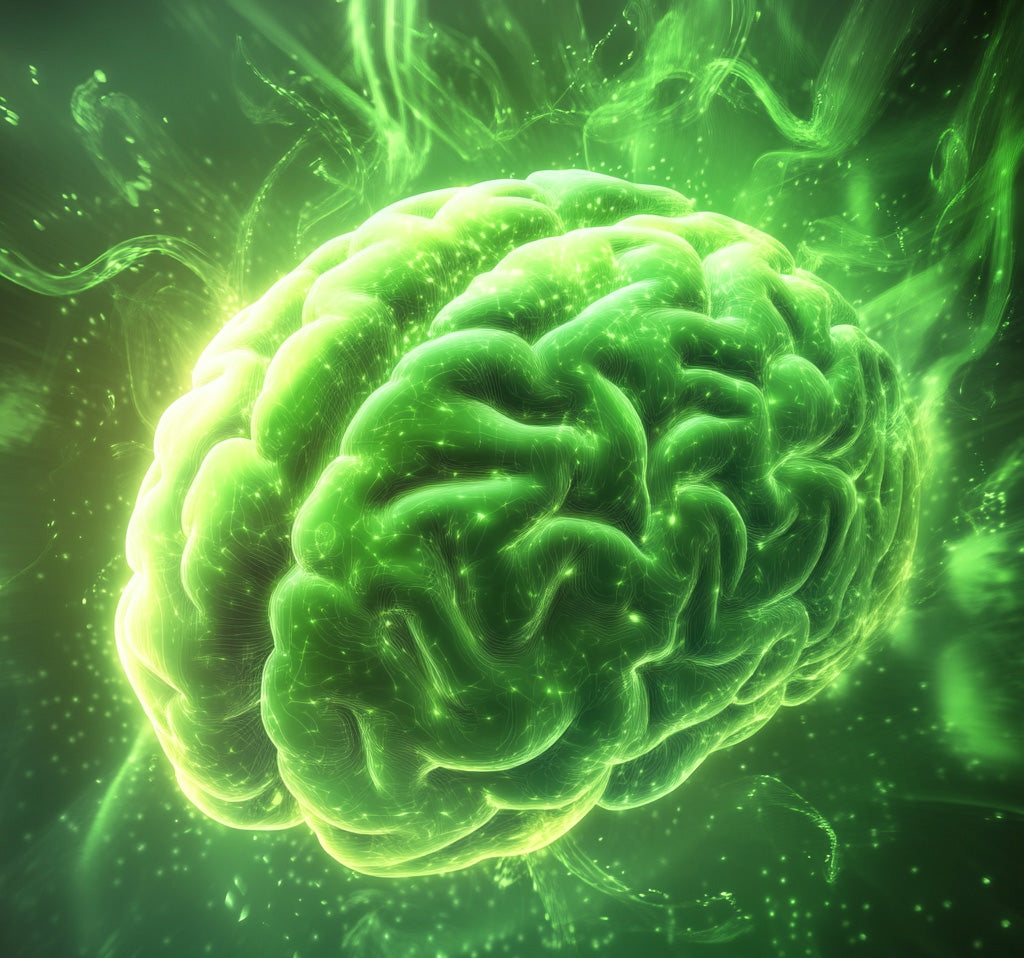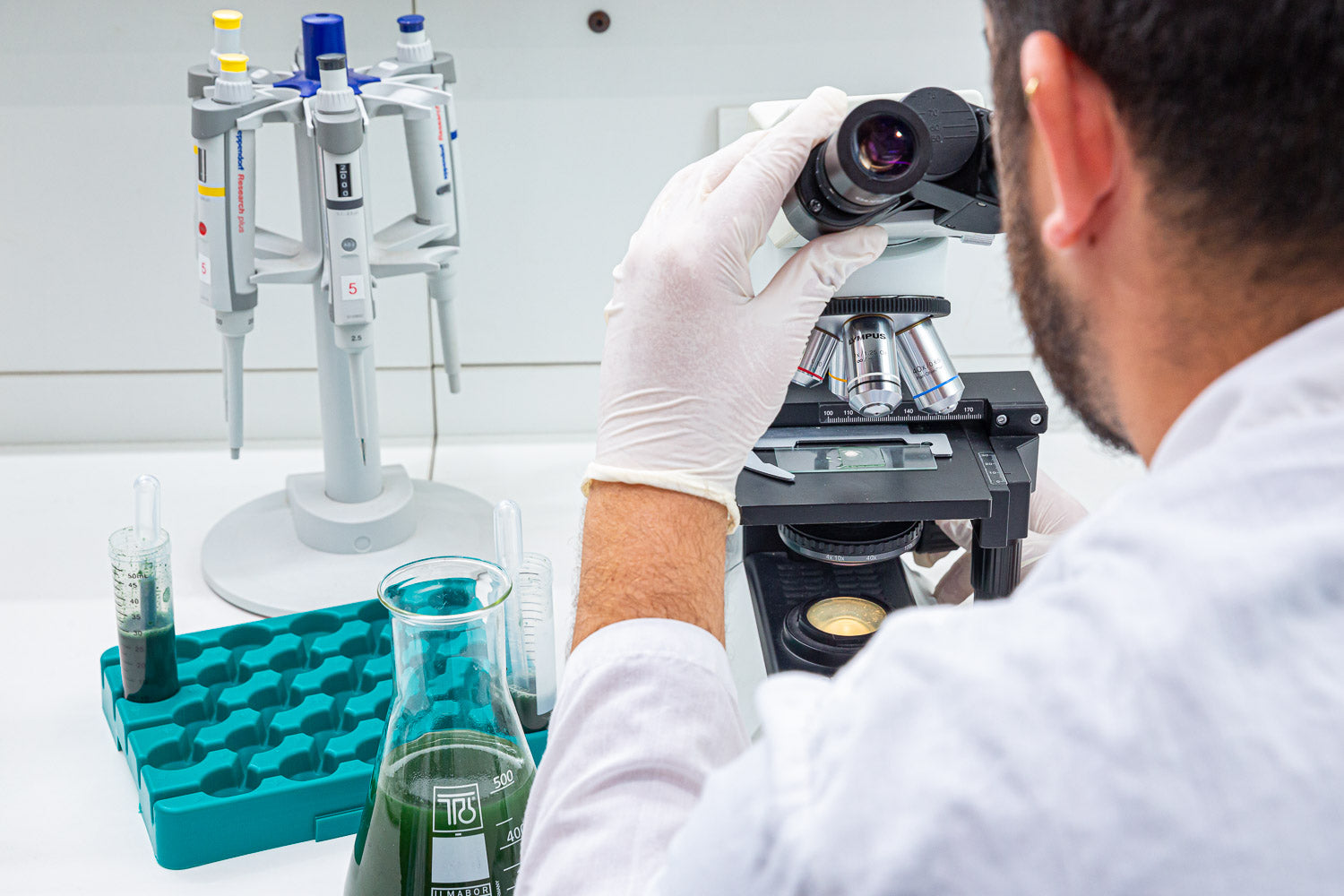
Spirulina and Brain Health: Potential Clinical Applications
Marine algae, particularly spirulina, have shown considerable promise in the field of brain health due to their unique bioactive compounds. These compounds possess antioxidant, anti-inflammatory, and neuroprotective properties that may be beneficial in preventing or managing neurodegenerative disorders and brain injuries.
Neuroprotective Mechanisms
- Antioxidant Properties: Spirulina contains potent antioxidants that help mitigate oxidative stress, a key factor in neurodegenerative diseases. Studies have shown that spirulina can enhance antioxidant enzyme activity, such as superoxide dismutase (SOD), and reduce markers of oxidative damage.
- Anti-Inflammatory Effects: Spirulina's anti-inflammatory properties can help manage neuroinflammation, which is often implicated in neurodegenerative conditions. For example, a study found that spirulina supplementation increased plasma interleukins IL-2 and IL-6, markers associated with immune modulation.
- Cholesterol Regulation: Spirulina has been observed to positively influence lipid profiles by reducing total plasma cholesterol and increasing HDL cholesterol levels, which may benefit overall cardiovascular and brain health.
Clinical Evidence and Applications
- Cognitive Performance: Clinical trials have demonstrated that spirulina can improve cognitive function and physical stamina. For instance, a study involving elderly participants found that spirulina supplementation significantly improved cognitive performance and exercise endurance.
- Hypertension and Metabolic Health: Spirulina has shown efficacy in managing blood pressure and reducing obesity-related disorders. Trials with hypertensive patients revealed that spirulina could lower systolic blood pressure and improve endothelial function.
- Developmental Benefits: Spirulina supplementation has been beneficial in developmental contexts. A study in Zambia showed that spirulina improved motor development, language skills, and social abilities in malnourished children.
- Fatigue Reduction: Spirulina is also noted for its ability to reduce mental and physical fatigue. A randomized trial reported a statistically significant increase in exercise stamina and cognitive performance after just one week of supplementation.
Future Directions
- Phytocomplex Exploration: Advanced methods such as virtual screening and systems biology are being employed to identify and study novel algal compounds with potential neuroprotective effects. These approaches will help develop effective algae-based pharmaceuticals.
- Long-Term Clinical Trials: While current evidence is promising, more extensive and long-term clinical trials are necessary to fully understand and confirm the neuroprotective benefits of spirulina and its potential applications in brain health.
Table 3: Summary of Clinical Findings on Spirulina
|
Key Findings |
Duration |
Dosage |
Study Focus |
|
Improved exercise stamina |
1 week |
3 g/day |
Cognitive Performance and cognitive function |
|
Reduced systolic blood |
3 months |
2 g/day |
Hypertension Management pressure and improved endothelial function |
|
Enhanced motor |
16 months |
Varies |
Development Benefits development and social skills in children |
|
Increased stamina and cognitive performance |
4 hours |
3 g/day |
Fatigue Reduction |
Spirulina’s diverse benefits highlight its potential as a functional food for brain health and other related conditions. Further research and clinical trials will be pivotal in establishing its therapeutic efficacy and expanding its applications.
This structured summary provides a comprehensive view of the potential clinical applications of spirulina in brain health.


